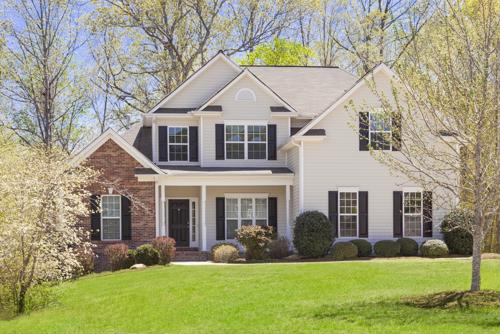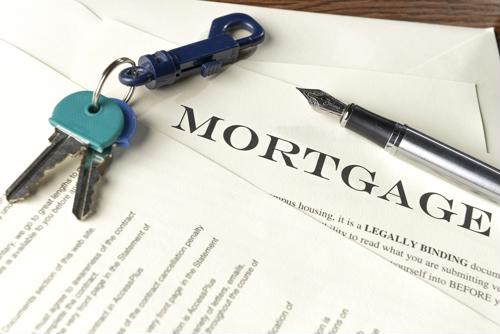
Before a house is sold, it generally goes through an appraisal process, which involves a real estate professional assessing the property and assigning value to it. Since every house is different and the market is always changing, there is no one-size-fits-all system for putting a price tag on a home. But there are certain advantages and red flags that all appraisers look out for.
As you search for your dream home, it’s helpful to understand the different factors that affect a home’s value:
Location
The house’s surrounding neighborhood is just as important as the property itself. If it’s located in an area with a high crime rate, that will cause the value of the home to go down. After all, people are less willing to live in a place where they don’t feel safe.
Natural elements play a role here as well. If the house is in an area that’s prone to hurricanes, tornadoes, or other natural disasters, it will be worth less because the chances of the property getting damaged or destroyed are greater.
Another consideration is how close the house is to schools, grocery stores, restaurants, malls, etc. When a property is close to these kinds of amenities, its value tends to go up. This is why homes in and around cities are generally more expensive than homes in the country.
Property history
When something terrible happens in a home, the future value of it can suffer. For example, some people may not be comfortable living in a house where someone has died or was killed. And in most states, sellers are required to disclose that kind of information to buyers.
The appraiser will look into the entire history of the home before deciding how much it’s worth, from how many people have lived there total to what it has sold for in the past.
Comps
A “comp” is a real estate term used to describe nearby homes that are comparable to the one being valued. Houses that are similar in size, age, condition, and location tend to be worth similar figures. An appraiser will analyze many different comps in order to come up with an estimate for one house’s price.
Size and appearance
Unsurprisingly, the bigger a house is, the more expensive it’ll be. Curb appeal makes an important difference in the eyes of homebuyers and appraisers as well. Nobody wants to live in a home that they think is ugly. While there is a market for houses with unique architecture, most buyers are looking for a house with a traditional and neutral layout.
Age and condition
Older homes typically require more maintenance, such as electrical work and plumbing. Therefore, they tend to be less expensive than newer homes, which don’t require as much work from the buyer.
However, it really depends on the previous owners. If the owner of a 50-year-old house has kept it in solid condition since the day it was built, it could potentially sell for the same price as a new house.
State of the housing market
When there are many homes on the market and few buyers, home prices drop. But when there are few homes and many buyers, prices go up. The fluctuations of local real estate markets make a big impact on the way homes are valued.
If you want to learn more about buying a home or applying for a mortgage, connect with The Federal Savings Bank today!
This information is intended for educational purposes only. Products and interest rates subject to change without notice. Loan products are subject to credit approval and include terms and conditions, fees and other costs. Terms and conditions may apply. Property insurance is required on all loans secured by property. VA loan products are subject to VA eligibility requirements. Adjustable Rate Mortgage (ARM) interest rates and monthly payment are subject to adjustment. Upon submission of a full application, a mortgage banker will review and provide you with the terms, conditions, disclosures, and additional details on the interest rates that apply to you individual situation.


